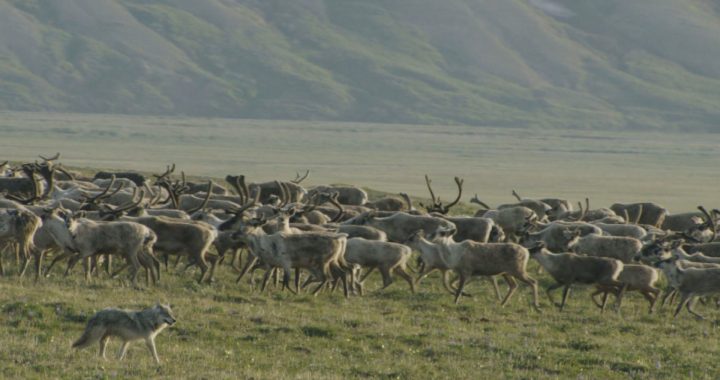Two First Nations in Manitoba are suing the Manitoba government and logging giant Louisiana-Pacific Canada, saying they were not consulted prior to timber cutting on their traditional lands.
Wuskwi Sipihk First Nation and Minegoziibe Anishinaabe, also known as Pine Creek First Nation, are turning to the courts to force the Manitoba government and Louisiana-Pacific to consult with them on commercial timber cutting.
“I’m not here to start a big fight over anything, a war or anything. I just want, I want accountability of where you’re cutting, what you’re doing, how you’re, how you must have policies, you got to follow them,” said Wuskwi Sipihk First Nation Chief Elwood Zastre.
Wuskwi Sipihk filed their lawsuit on Feb. 23, 2022, asking for a stop to ongoing logging and other forestry development.
“It’s hurting our environment, it’s affecting our animals, it’s affecting where we gather medicine, our berries, the animals the birds the species, everything, it’s affecting everything. And if they’d just come down and sit down with us and understand the way we live and how we want to protect our animals and our stuff you know that’s not, we’re not asking much,” said Chief Zastre.
Zastre says they are entitled to a cut of the profits.
“You’re taking all our trees and you’re selling them to whoever making money, why don’t you maybe compensate us a bit. Give us some money for our houses, give us money for infrastructure, a skating rink, anything for kids to benefit from that’s all I’m asking.”
The claim by Wuskwi Sipihk First Nation follows a similar court action filed earlier this year in January.
Pine Creek First Nation is calling for a halt to logging in their traditional lands including Duck Mountain provincial park and forest.
Jeremy McKay is a policy analyst with the First Nation and detailed what they are asking from the court.
“We’re asking the court to order or require the province of Manitoba to consult with Pine Creek First Nation but the second part of this lawsuit is we’re looking for the court to stop Louisiana-Pacific’s forestry activities until such time that an adequate process of consultation has occurred between Pine Creek and Manitoba,” McKay said.
Mckay said the First Nation would be open to a partnership, but the main focus currently is the rights of community members.
“We’re definitely looking for consultation and to be included in the decision-making process. We do actually have a bit of a history in Pine Creek in participating in the forestry industry. So, we’re trying to protect space for that conversation to continue but our primary concern right now is protecting the Aboriginal and Treaty rights of our community members who rely on the Duck Mountain area to exercise those rights,” he said.
According to Pine Creek First Nation, Duck Mountain is the only provincial park in Manitoba where the government allows commercial timber cutting to continue, and one of only two provincial parks in Canada that allows commercial logging.
The Manitoba government said they were unable to comment on the matter as it is before the courts.
Louisiana-Pacific provided APTN News with a statement on the matter.
“Although we cannot comment on pending legal matters, LP remains committed to engaging with Indigenous nations regarding our sustainable forest management operations,” the statement said.
Pine Creek First Nation Chief Derek Nepinak said in a statement everyone, not just Indigenous people, should be aware of these lawsuits.
“Any litigation by Indigenous peoples is of a special public moment. These Indigenous consultation lawsuits are intended to promote reconciliation and ameliorate the government’s alleged power over forest lands once in the total control of Indigenous peoples. I support Wuskwi Sipihk First Nation and any First Nation in defending the recognized and affirmed rights of their people. We all should.”
Both communities also expressed concerns over the decline of moose populations in recent years as a result of logging in the contested areas.
“We’re very concerned and we want to investigate the relationship between the forestry activates that have been happening in the area dating back to the mid-1990s and ongoing today and expected to continue into the future. We want to see what the relationship is between those activities and the challenges that the moose have faced in the past and are projected to continuing facing in the future,” McKay said.
The hearing dates for Pine Creek and Wuskwi Sipihk are March 1, 2022, and March 15, 2022, respectively.










